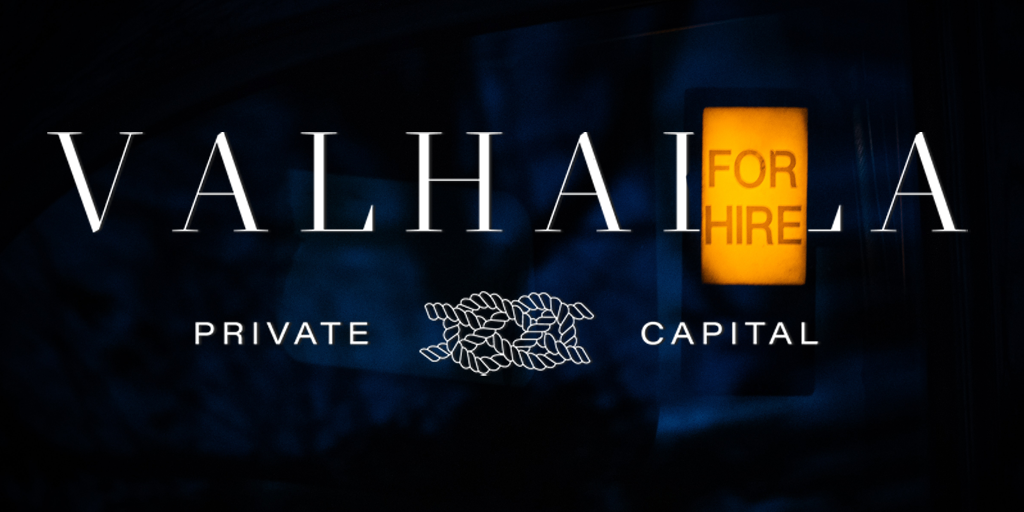
Emmet McGonagle
From Beowulf to Bilbo Baggins, the hero’s journey is one of the most celebrated frameworks in storytelling. Coined by Joseph Campbell in 1949, the narrative follows a bright-eyed protagonist as they venture from home in search of adventure, before achieving victory (against all odds) and returning home, forever changed for the better.
While the hero’s journey worked out well for Harry Potter, Luke Skywalker, Spiderman, Dorothy and even Toto to some extent, this narrative framework also plays an important role for startups. Take Facebook, for example: Mark Zuckerberg and peers were students when they began the inner workings of what would become the world’s biggest social platform.
“I saw The Social Network recently and really enjoyed it”, Jan Lederman, director of Valhalla Private Capital, wrote in her Quick Guide For Business Startups. “It’s a good story, well told (and well-acted),” she continues.
“Unfortunately, there aren’t that many Facebook-type success stories out there.
While Lederman does not advise using Facebook as a model for your typical business start-up due to having “no business plan, no shareholder agreement and no IP protection, or at least nothing that was visible in the movie,” Zuckerberg’s rise to entrepreneurial stardom is a prime example of the potential power of storytelling in business.
A pitch is an exercise in telling the journey of your company, so take the time to refine your story and don’t be afraid to play up to the pleasures and pitfalls of your experiences as a company. What’s the origin story of your business? What challenges did you face along the way, and how did you navigate rocky terrain to stand out amid your competitors?
Do you have a question about angel investing? Get in touch with Valhalla Private Capital via our
contact page.



